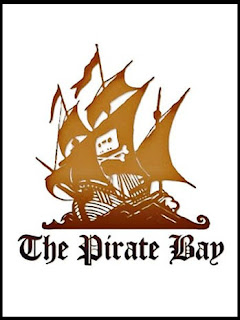The Copyright, The Public Domain and The Heirs

Novels
made into film adaptations
have become the go to means of producing for new films in the entertainment
industry. Film adaptations of novels have led to many legal disputes over the
years. These disputes are based on if copyrights are still protected or are the
works in the public domain,
due to the works dating prior
to 1923. Adding to this heated dispute lets add some more fuel to the fire by
reviewing some of these cases in detail. There are a lot of works out there in
the entertainment market related to the character Sherlock Holmes. Works such
as feature length films and the TV show Elementary, which is based current day
in New York City. What
most people don’t know is that the character Sherlock
Holmes was first introduced in 1887 and was featured in four short novels
and 56 short stories dating from 1887 to 1927. The question that is constantly
disputed is whether Sherlock Holmes is in the public domain or not. Based on
changes to our US copyright
act everything prior to 1923 is in the public domain, which is where most
of the confusion stems from with the character Sherlock Holmes. With that being
said, the characters Sherlock Holmes and his sidekick Dr. Watson’s relationship
on what they did and how they worked together were created prior to 1923.
However, the estate of Sir Arthur Conan Doyle, is saying
between 1923 and 1927 versions of the Sherlock Holmes story, are being featured
in the current book scheduled for publication by random house.
Court Is Now In Session For IP Law

In recent news the court system has been
receiving their run of industry court lawsuits. Today lets narrow in on a few
of these cases, preferably ones dealing with and affecting the entertainment
industry. The European
Court of Human Rights has supported the conviction on one of the world's
largest sharing torrent file websites, Fredrik
Neij, and Peter Sunde Kolmisoppi,
two of the co-founders of The Pirate Bay. Neij and Kolmisoppi were both charged with Connivance to commit crimes in
violation of the Copyright Act. Their sentence was for one years incarceration
and a 3.3 million euros (4.3 million US) fine. This sentence was later reduced
but the fine was raised to 5 million euros (6.5 million US). Neij and Kolmisoppi then filed an application arguing
that under Pirate Bay they received and provided information to Internet users about
torrent files, which led them to believe that liability for IP infringement
fell on Pirate Bay’s users. They
both believed their right to communicate information was protected by Article
10 of the European
Convention of Human Rights, which dictates that everyone has the right to
freedom of expression. This right also includes the right to embrace opinions,
receive and convey information and ideas without restriction by public
authority, regardless of borderlines. What Neij and Kolmisoppi didn’t take into account is that the same article also states
that this shall not prevent States from requiring the licensing of
broadcasting, television or cinema enterprises. The ruling says, (Eriq
Gardner, 2013) "Since the Swedish authorities were under an obligation
to protect the plaintiffs’ property rights in accordance with the Copyright Act
and the Convention, the Court finds that there were weighty reasons for the
restriction of the applicants’ freedom of expression."













0 comments:
Post a Comment